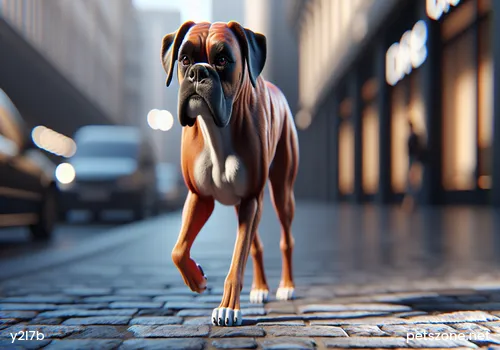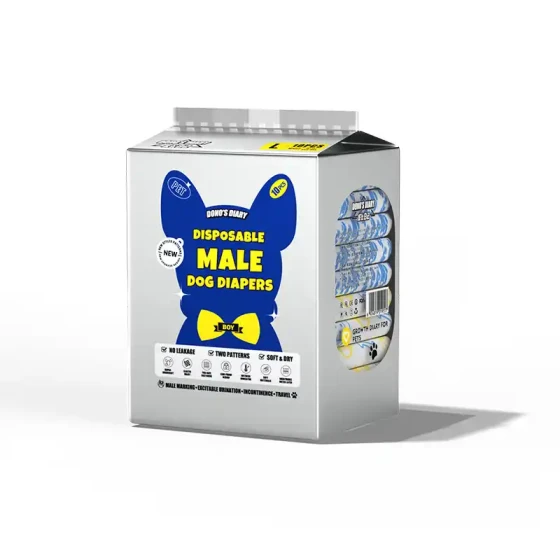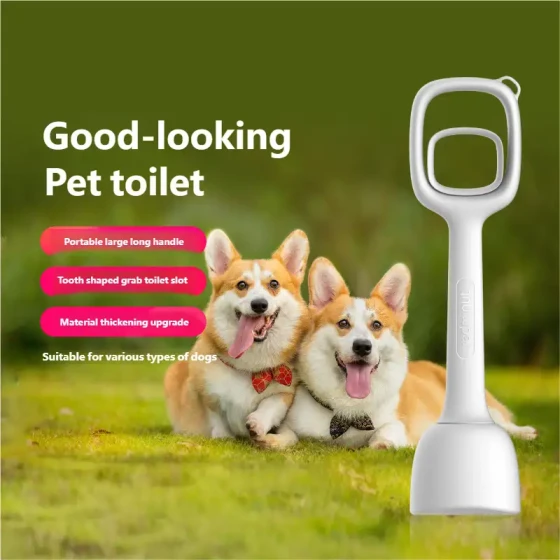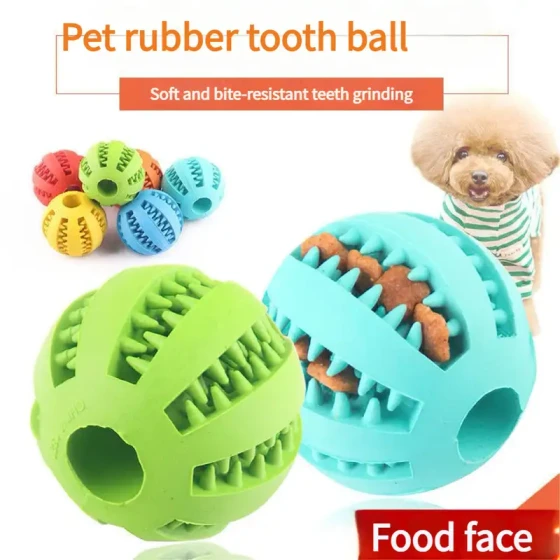Some Questions About Dogs Farting

Pay Attention to the Frequency of Changing Your Dog’s Food
Farting is actually a very normal bodily reaction, but under normal circumstances, dogs do not fart very frequently. If the frequency of your dog's farting increases and the smell becomes stronger, it could be a signal from your dog's body. This might indicate digestive problems or other health issues.
1. Causes of Excessive Farting in Dogs
1. Lack of exercise, poor digestive function
Many dogs have insufficient exercise, which is closely related to their living environment and lifestyle. Lack of exercise leads to obesity as well as poorer gastrointestinal motility, increasing the gas inside the stomach. The frequency of dog farting will also rise.
2. Eating too fast
If dogs eat too quickly, they tend to swallow a lot of air along with their food, which must be released appropriately.
3. Poor adaptation to new food
Some owners change their dog's food frequently. If you notice your dog has digestive abnormalities or excessive farting after switching to new food, it indicates the dog has not yet adapted, causing bloating.
4. Related to the food being fed
The type of food significantly affects how often a dog farts. Fermented foods more easily cause pets to fart or even stomach pain and cramping. Foods such as onions and garlic that contain large amounts of hydrogen and CO2 also produce大量 and gas after digestion.

If Your Dog Never Farts, You Should Also Pay Attention to Its Health (Though It’s Usually Hard to Detect)
2. How to Improve If Your Dog’s Farts Are Too Smelly
1. Help Your Dog Develop Good Eating Habits
Some dogs don’t know how to control their intake, so don’t feed them too much at once. Follow the principle of feeding smaller amounts multiple times a day. Most dogs tend to gobble down their food, so scheduled and measured feeding habits are the healthiest. If you occasionally feed them human food, control the quantity well. If your dog farts often because it gulps down food, don’t feed it only when it is very hungry.
2. Take Your Dog for Walks Whenever Possible
Basic exercise is necessary for dogs. It not only improves physical fitness but also greatly benefits digestion when walking after eating for a while.
3. Don’t Change All Food at Once
Do not replace your dog's food entirely at one time, as this can easily cause intestinal discomfort. Gradually substitute the old food with new food.
4. Pay Attention to the Height of the Food Bowl
Don’t make it difficult for your dog to reach its food. The bowl should be placed at a height where the dog only needs to slightly lower its head to eat comfortably, which can also reduce the amount of air swallowed.
3. Why Doesn’t My Dog Fart?
A dog never farting is not normal and requires the owner’s attention.
1. Possible congenital developmental issues
If your dog hasn’t farted for a long time, you must be cautious. This often occurs in puppies but can also happen in adult dogs. It is recommended to take the dog for a checkup as the puppy may have underdeveloped anus.
2. Caused by health problems
If a dog cannot pass gas, its abdomen may become swollen and painfully bloated, usually related to intestinal inflammation, chronic constipation, anal hemorrhoids, intussusception, intestinal obstruction or torsion, all of which are intestinal causes that block gas from being expelled and cause it to accumulate in the belly.





